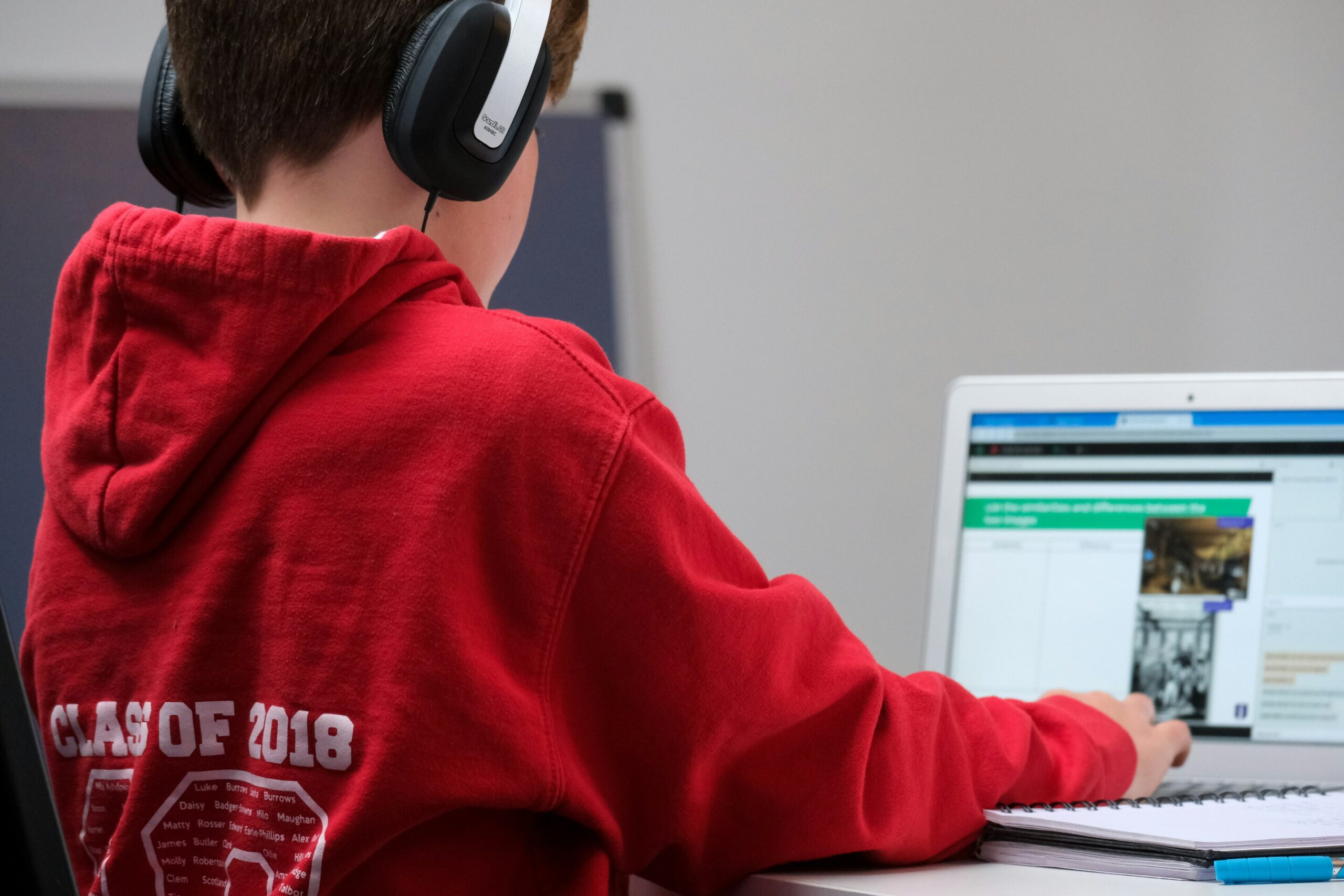
Did the pandemic lockdowns improve digital skills?

Many video calls in 2020 began with “Can you hear me?” Digital work was still relatively uncommon in Germany at the time, and many struggled with both the technology and the new form of communication. A recent study by four WISNA professors from the University of Duisburg-Essen has examined whether the COVID-19 lockdowns actually improved the digital skills of people in Germany. The study has been presented at the Conference of Human-Computer Interaction (CHI 2025), which took place in late April in Yokohama, Japan.
The COVID-19 pandemic prompted many people to improve their digital skills—either intentionally or as a natural consequence of modified living, learning, and working conditions. However, the study by the University of Duisburg-Essen (UDE) reveals significant disparities: young, male, higher-educated individuals and those living in urban areas were most likely to enhance their digital competencies during the pandemic. While other social groups also made progress, it was comparatively limited—the divide concerning digital literacy persists.
The study is based on a survey of 1,143 individuals aged 18 to 87 living in Germany who use the internet regularly. It assessed a range of digital competencies—from participating in video conferences to conducting targeted online searches.
One of the central findings: The development of digital skills during the lockdowns was associated with mixed emotions. “The more individuals improved digital competencies, the stronger were their feelings of connectedness and security—but also of loneliness,” explains media psychologist German Neubaum, one of the study’s authors. This highlights that digital communication can partially, but not fully, meet people’s social needs.
The rapid digitalization of everyday life during the pandemic, along with the so-called infodemic—an overwhelming surge of both true and false information—also made it clear which digital skills will be essential in the future. “According to participants, it is crucial that internet users learn how to better identify misinformation, distinguish trustworthy from unreliable sources, and assess the consequences of their own actions online,” Neubaum continues. Respondents also identified the infodemic as a key problem in our digitalized society, with schools and politicians also having a responsibility.
The paper is published in the journal Proceedings of the 2025 CHI Conference on Human Factors in Computing Systems.
More information:
German Neubaum et al, A Pandemic for the Good of Digital Literacy? An Empirical Investigation of Newly Improved Digital Skills during COVID-19 Lockdowns, Proceedings of the 2025 CHI Conference on Human Factors in Computing Systems (2025). DOI: 10.1145/3706598.3713148
Provided by
University of Duisburg-Essen
Citation:
Did the pandemic lockdowns improve digital skills? (2025, May 6)
retrieved 6 May 2025
from https://phys.org/news/2025-05-pandemic-lockdowns-digital-skills.html
This document is subject to copyright. Apart from any fair dealing for the purpose of private study or research, no
part may be reproduced without the written permission. The content is provided for information purposes only.

